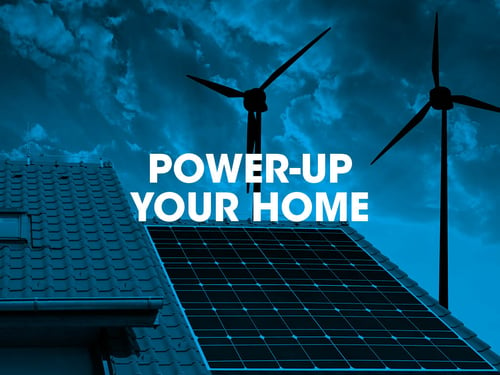Industry accreditation of microgeneration systems: warranty requirements
To be acceptable for warranty, any proposed microgeneration system must hold accreditation with the Microgeneration Certification Scheme (MCS) and the installation must be carried out by an MCS-approved installer.
MCS is a standards organisation, originally introduced by Government, to help consumers and companies reduce energy consumption through the use of microgeneration technologies used to produce electricity and heat from renewable sources.
The aim of MCS is to give people confidence in low-carbon energy technology by defining, maintaining and improving quality.
MCS also certifies installation companies to ensure the microgeneration products have been installed and commissioned to the required standard for the consumer. The certification is based on a set of installer standards and product scheme requirements.
MCS is linked to the Government's financial incentives, including the (now-closed) Feed-in Tariff scheme and the Renewable Heat Incentive (RHI), which runs until March 2021.
It will be at the heart of the new Smart Export Guarantee (SEG) scheme, the roll-out of which should be complete by 1 January 2020. SEG requires regional power suppliers with more than 150,000 electricity customers to offer a financial incentive for consumers to export excess electricity to the grid.
MCS certification (or equivalent) will be a requirement to qualify for SEG.
At the time of writing, the only other scheme considered equivalent to MCS (and acceptable for warranty approval) is the CEN Solar Keymark Scheme. Unlike MCS, this scheme covers the certification of solar thermal products only and does not cover installation company certification. Even so, consumers can use a solar thermal product approved under CEN Solar Keymark and still claim under RHI, provided the installation has been completed by a MCS-certified installation company. For warranty, a system covered by CEN Solar Keymark would also need to be completed by an MCS certified installer.
Technologies covered and the information we require
MCS covers electricity generating technologies with a capacity of up to 50kW, and heat generating technologies with a capacity of up to 45kW. Currently, MCS covers the following technologies:
- Air Source Heat Pump
- Biomass
- Exhaust Air Heat Pump
- Gas Absorption Heat Pump
- Ground/Water Heat Pump
- Micro Combined Heat and Power (CHP)
- Pitched Roof Installation Kit
- Solar Assisted Heat Pump
- Solar Photovoltaics
- Solar Thermal
- Wind Turbine
The following information must be provided for any of the above microgeneration systems to be acceptable for warranty:
- The manufacturer’s design and specification for the system
- Either MCS or CEN Solar Keymark accreditation for the system
- If the system is fixed to the roof of the building, MCS accreditation for the pitched roof installation kit
- Evidence of the installer’s MCS accreditation
- A system commissioning certificate
- A copy of the manufacturer’s guarantee for the system
You can find out more about MCS on their website and the CEN Solar Keymark scheme here.

